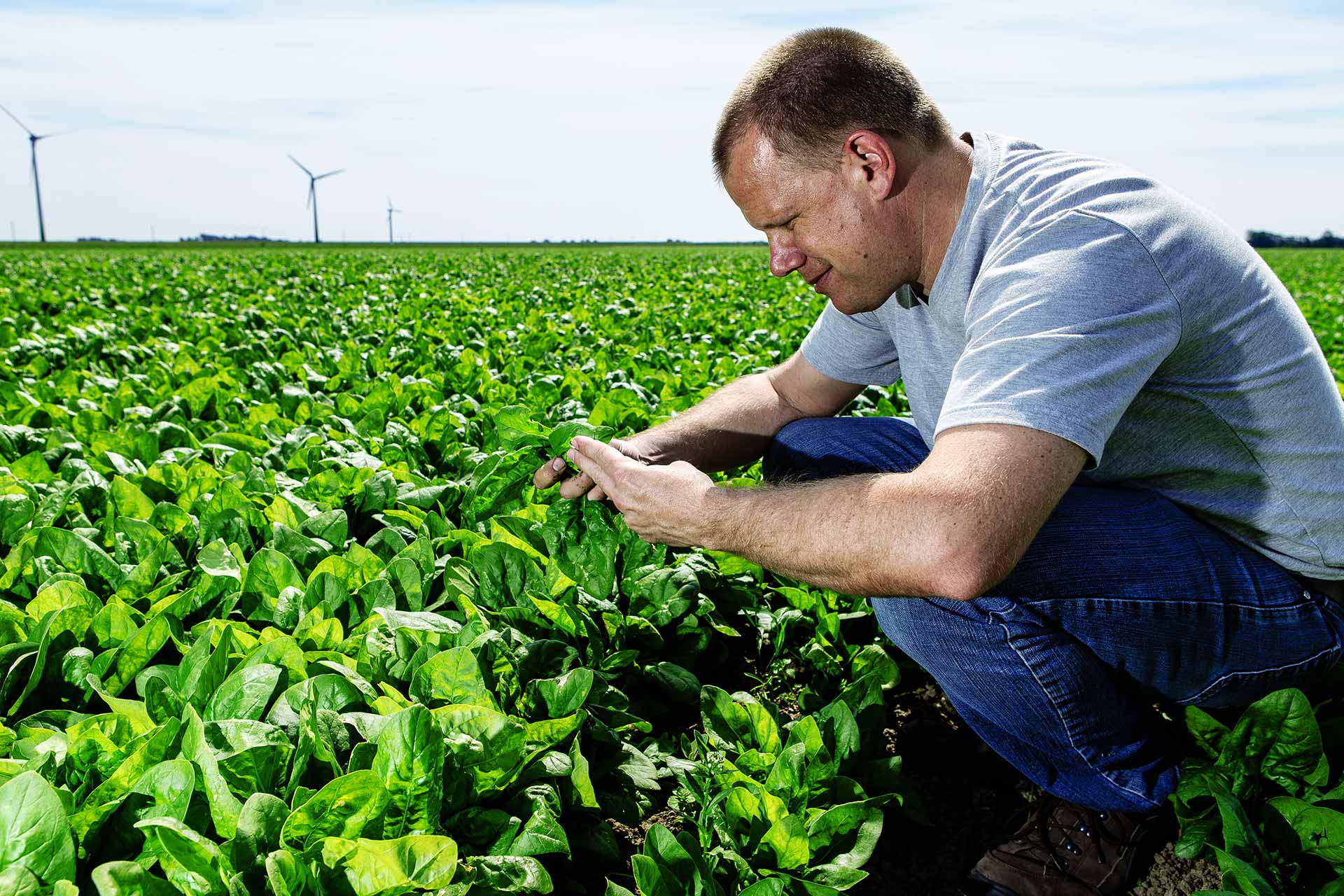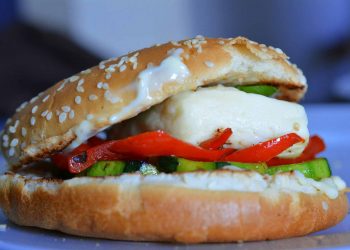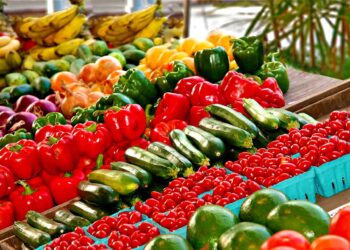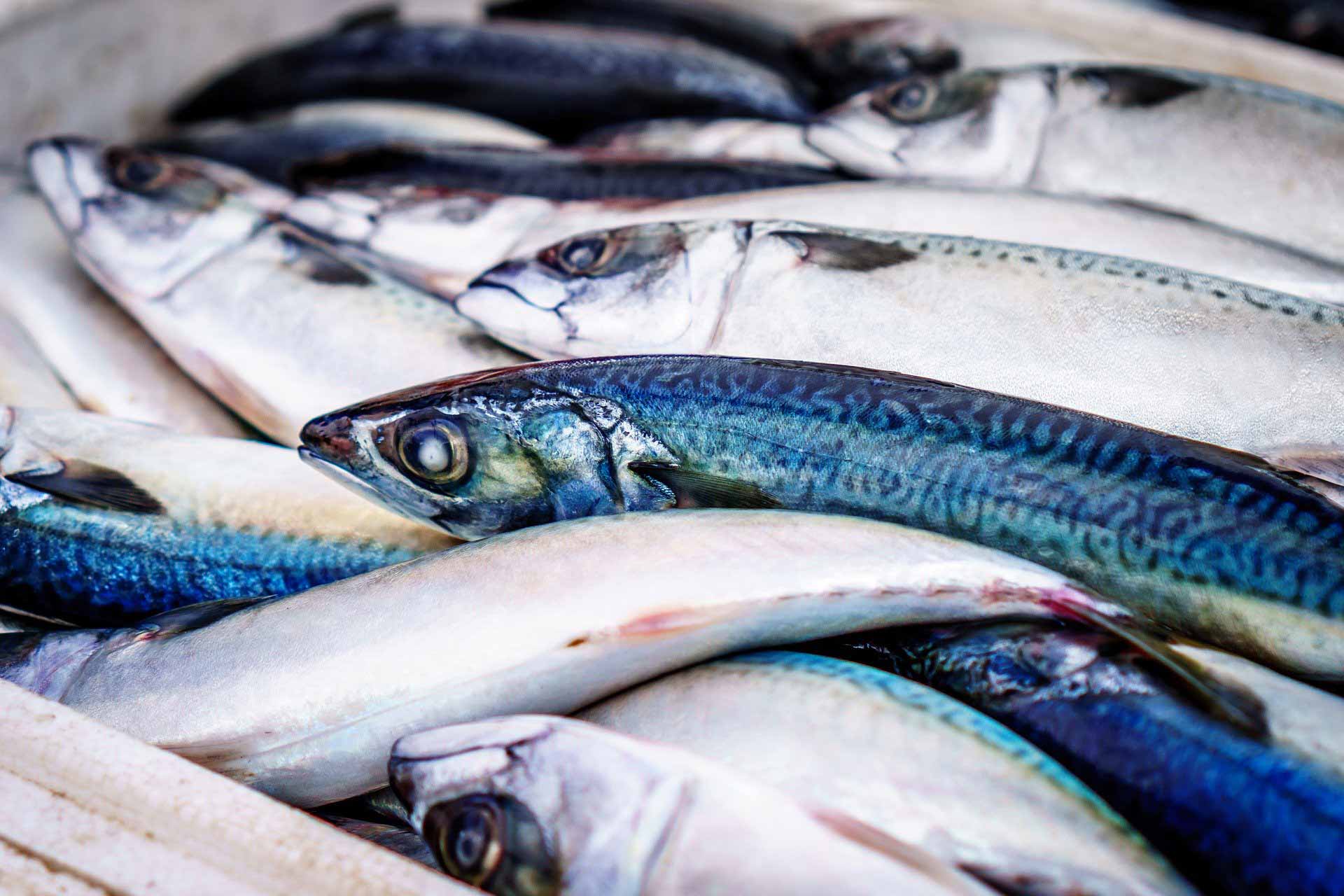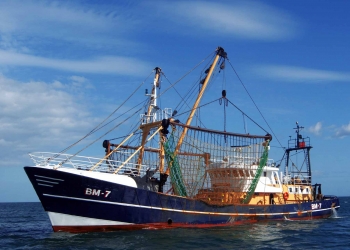The Council agreed its negotiating position on the new Common Agricultural Policy (CAP) reforms to support farmers and improve productivity. This agreed position puts forward some strong commitments from member states. EU ministers have compromises for higher environmental ambition with instruments like mandatory eco-schemes and enhanced conditionality. At the same time, the agreed position provide the necessary flexibility in how they would reach environmental goals.
For instance, there would be a two-year pilot phase for eco-schemes and member states would enjoy flexibility on how to allocate funds under different green practices. A general approach means that the Council has now the political mandate to kick-off negotiations with the European Parliament. This will take place once the co-legislator also agrees, with a view to reaching an overall agreement.
This new Farming approach transforms Agriculture
On 19 and 20 October, EU agriculture ministers met to negotiate a reform of the Common Agricultural Policy (CAP). A simplification of the CAP and an increase in compensation for climate, environmental and conservation services are on the agenda. Here are 10 interesting facts about the CAP.
Top 10 facts of the new CAP
- Agricultural policy is one of the most communitised policy fields in the European Union. Its central regulations and concomitant financing of measures come from the EU level. “CAP” stands for the European “Common Agricultural Policy”.
- Since 1962, the CAP has been in place to ensure – above all – that farmers have an appropriate income and that food supplies in Europe are guaranteed.
- The EU member states want the CAP to be a common policy. CAP plays a major part in the use and conservation of natural resources and the development of rural areas.
- Currently the sector receives about 58 billion euro a year in assistance. That is equivalent to some 40 per cent of the EU budget, making it the largest EU budget item by far.
- Between 2014 and 2020 Germany received about 6.2 billion euro in EU agriculture funding per year. The funds have two main pillars.
- The first pillar provides money to finance direct payments to farmers. These funds are particularly important for the survival of small and medium farms and for farms in disadvantaged regions. Direct payments under the CAP help secure and stabilise farmers’ income by balancing the fluctuating prices of agricultural produce, which can be extreme in some cases.
- 30 per cent of funds have certain conditions that farmers must meet. This can involve diversifying crops, ensuring crop rotation – and thus crop diversity. Also the sustainable preservation of grasslands and ecological focus areas with farming methods that are particularly beneficial for climate change mitigation and environmental protection.
- The second pillar involves targeted assistance programmes for sustainable and environmentally sound farming and rural development. This includes agri-environmental programmes and the promotion of organic farming.
- The CAP benefits all EU citizens. First, it ensures a reliable supply of high quality, nutritious food at affordable prices. Second, it rewards the services that farmers provide for the common good. For example creating opportunities for employment and for generating income in rural areas.
- The CAP also rewards services that conserve and protect the environment in all parts of Europe in the form of what are known as voluntary agri-environmental and climate measures.
Eurostat: EU citizens are familiar with the CAP
According to a current survey conducted by the EU statistics office Eurostat, three out of every four EU citizens are familiar with the CAP and believe that it benefits all citizens. 95 per cent of those interviewed stated that agriculture and rural areas are important for our future in the EU. Over 27,000 citizens in the 27 EU member states took part in the survey.
The survey was conducted from August to September 2020, including more than 27,200 respondents in 27 Member States. Due to the Covid-19 pandemic, the methodology had to be adapted, with some interviews conducted online.
New CAP agreement
The reform of the CAP foresees that while more flexibility will be given to member states in shaping rules and funding allocations through the development of national strategic plans, they will be obliged to demonstrate a higher environmental ambition compared to the current period. The so-called “new delivery model” would favour performance over compliance: it would enables countries to choose the best tools and actions at their disposal (and also taking into account national specificities) to reach the agreed EU-wide objectives and standards.
Today’s agreement is a milestone for Europe’s agricultural policy. Member states demonstrated their ambition for higher environmental standards in farming and at the same time supported the needed flexibility in ensuring farmers’ competitiveness. This agreement fulfils the aspiration of a greener, fairer and simpler CAP.
Julia Klöckner, Federal Minister for Food and Agriculture of Germany
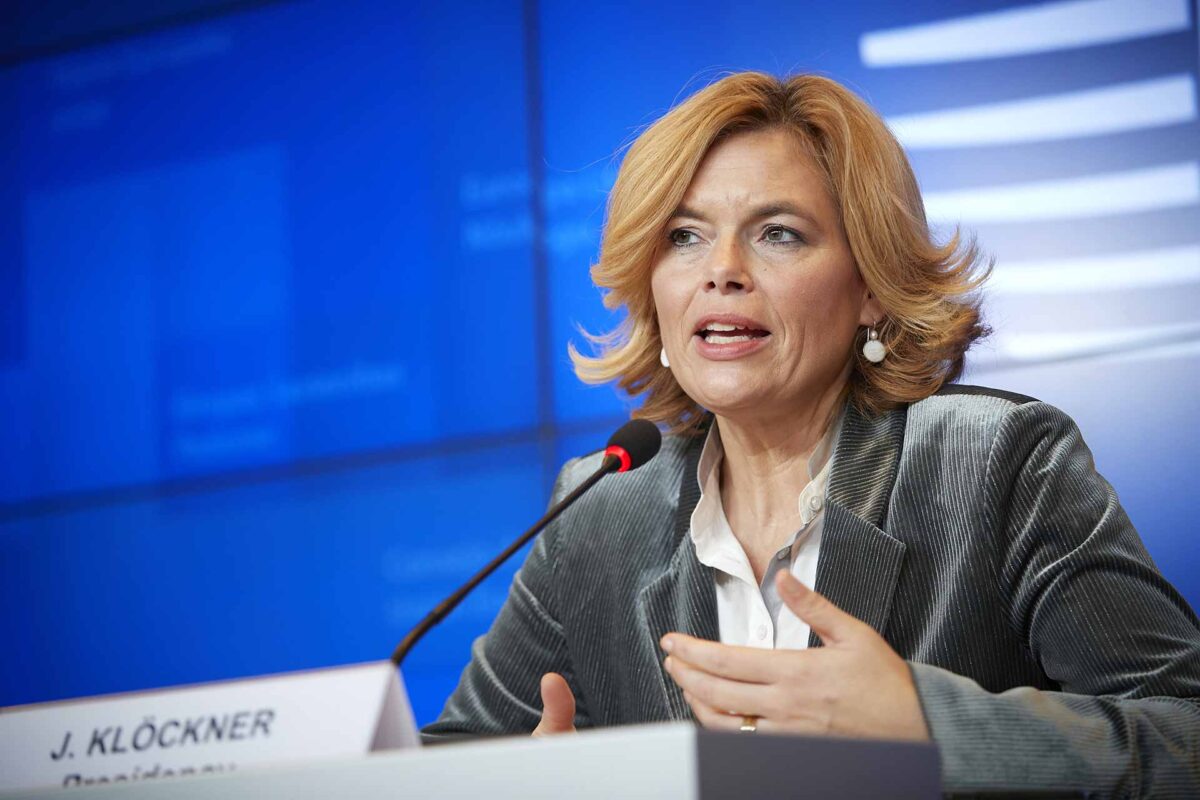
Some concrete examples of member states will fulfil higher environmental standards, which were debated and agreed during the two-day Council, include:
- Farmers would receive financial support under the condition that they adopt practices beneficial for the climate and the environment, to make the CAP even greener than before.
- Farmers going beyond the basic environment and climate requirements would get additional financial support through the introduction of “eco-schemes“. These new instruments for environment and climate protection would be linked to a dedicated budget, constituting part of the direct payments budget. It would be ring-fenced at 20%, which means that they would be unlocked through the use of eco-schemes. An initial pilot phase of two years would ensure that member states avoid losing much-needed funds while getting acquainted with the new instruments. Indicative examples of eco-schemes include practices like precision farming, agroforestry, and organic farming, but member states would be free to design their own instruments on the basis of their needs.
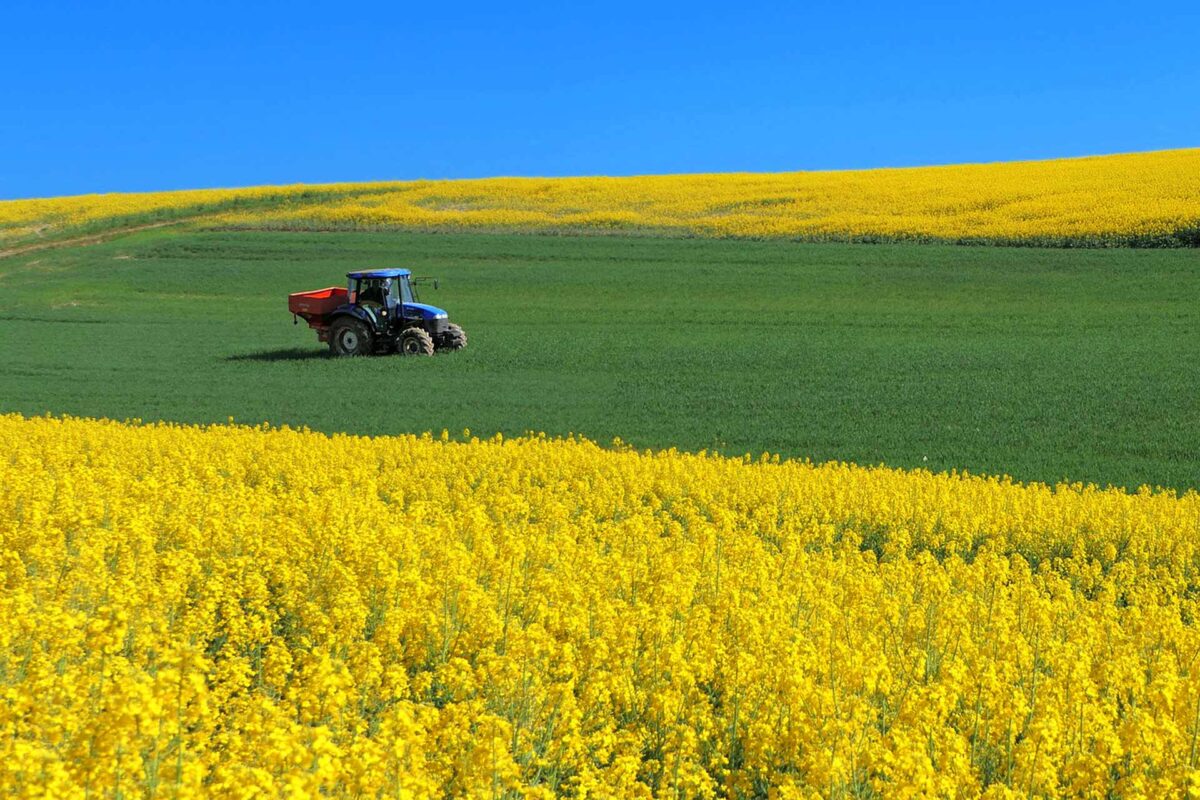
- All farmers will follow and support higher environmental standards; even the smaller ones. To help them in this greening transition, small farmers would be subject to more simplified controls, reducing administrative burden while assuring their contribution to environmental and climate goals.
The Council’s position is a result of negotiations. The result includes work conducted over the last two and a half years and under five presidencies. The European Commission presented the post-2020 CAP reform package in 2018; the package consists of three proposals:
- EU law on CAP strategic plans
- a regulation on financing, managing and monitoring of the CAP
- regulation on a Common Market Organisation of agricultural products
Aims of the Common Agricultural Policy
Launched in 1962, the EU’s common agricultural policy (CAP) is a partnership between agriculture and society. It is a deal between Europe and its farmers. It aims to:
- support farmers and improve agricultural productivity, ensuring a stable supply of affordable food;
- safeguard European Union farmers to make a reasonable living;
- help tackle climate change and the sustainable management of natural resources;
- maintain rural areas and landscapes across the EU;
- keep the rural economy alive by promoting jobs in farming, agri-foods industries and associated sectors.
- The CAP is a common policy for all EU countries. It is managed and funded at European level from the resources of the EU’s budget.
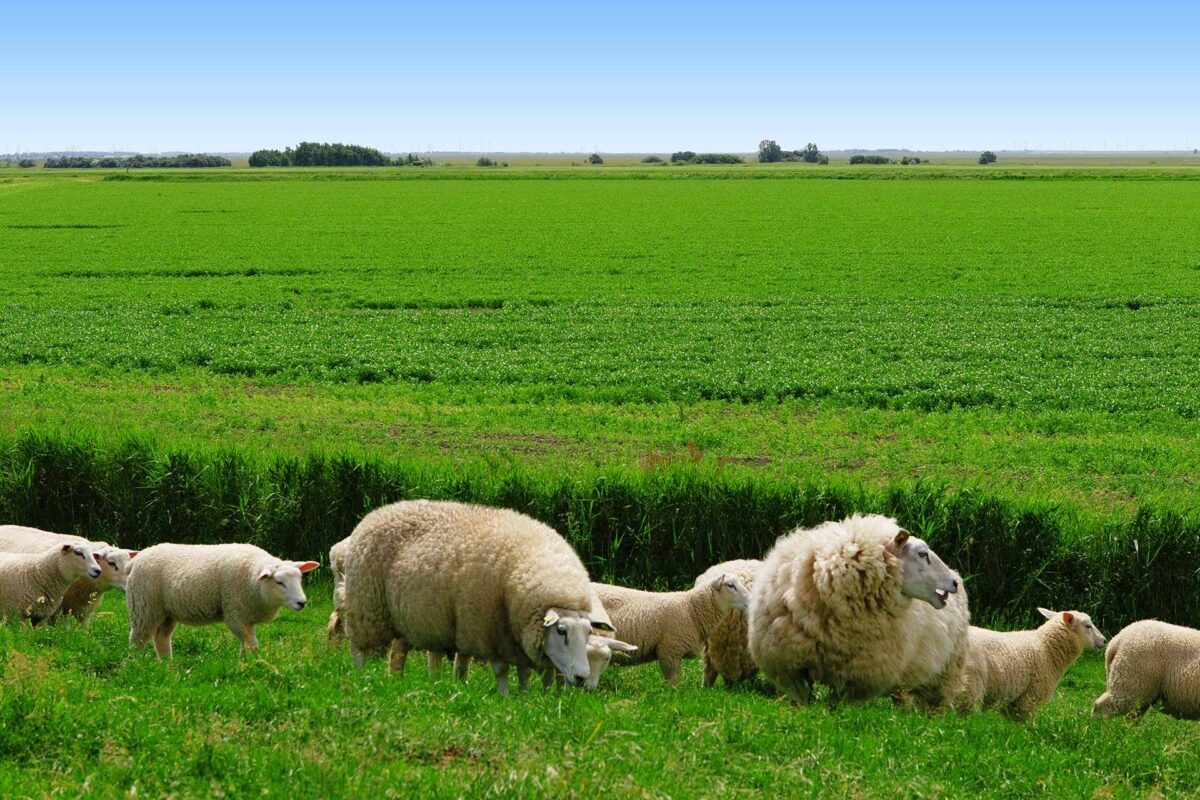
The Common Agricultural Policy in practice
Farming is unlike most other businesses, as the following special considerations apply:
- despite the importance of food production, farmers’ income is around 40% lower to non-agricultural income;
- agriculture depends more on the weather and the climate than many other sectors;
- there is an inevitable time gap between consumer demand and farmers being able to supply – growing more wheat or producing more milk inevitably takes time.
While being cost-effective, farmers should work in a sustainable and environmentally friendly manner, and maintain our soils and biodiversity.
EU Fisheries Ministers gathered to set also fishing limits – fish quotas for the Baltic Sea in 2021 to tackle overfishing.
Business uncertainties and the environmental impact of farming justify the significant role that the public sector plays for our farmers. The CAP takes action with:
- income support through direct payments ensures income stability, and remunerates farmers for environmentally friendly farming and delivering public goods not normally paid for by the markets, such as taking care of the countryside;
- market measures to deal with difficult market situations such as a sudden drop in demand due to a health scare, or a fall in prices as a result of a temporary oversupply on the market;
- rural development measures with national and regional programmes to address the specific needs and challenges facing rural areas.
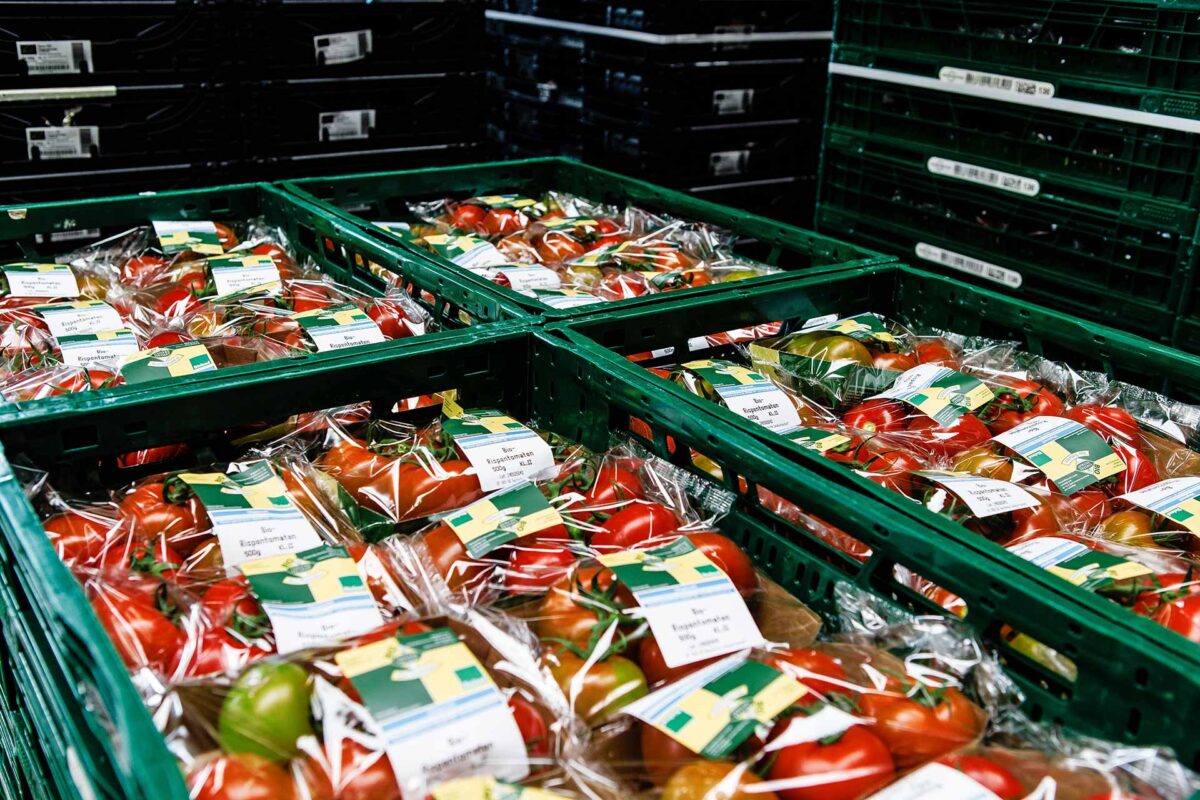
The CAP reforms aim to strengthen the competitiveness of the sector, promote sustainable farming and innovation, to support jobs and growth in rural areas and to move financial assistance towards the productive use of land.

